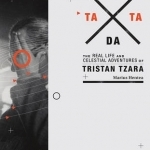
Tata Dada: The Real Life and Celestial Adventures of Tristan Tzara
Book
Tristan Tzara, one of the most important figures in the twentieth century's most famous avant-garde...

Algerian Literature: A Reader's Guide and Anthology
Book
The only up-to-date and comprehensive text and reader of Algerian literature available in English,...
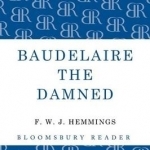
Baudelaire the Damned: A Biography
Frederic William John Hemmings
Book
First published in 1982, this penetrating, immensely readable biography of the brilliant poet,...
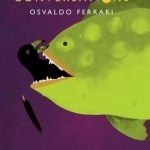
Conversations: Volume 2
Jorge Luis Borges and Osvaldo Ferrari
Book
Recorded during Jorge Luis Borges's final years, this second volume of his conversations with...
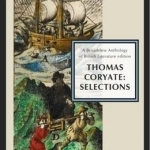
Coryat's Crudities: Selections
Thomas Coryate and Philip S. Palmer
Book
The early seventeenth-century traveler Thomas Coryate's five-month tour of Western Europe culminated...
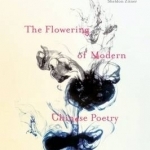
The Flowering of Modern Chinese Poetry: An Anthology of Verse from the Republican Period
Herbert Batt and Sheldon Zitner
Book
The May Fourth Movement launched an era of turmoil and transformation in China, as Western ideas and...
Unperfect Histories: The Mirror for Magistrates, 1559-1610
Book
The Mirror for Magistrates, the collection of de casibus complaint poems in the voices of medieval...
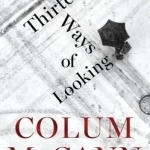
Thirteen Ways of Looking
Book
A story in this collection has been longlisted for the Sunday Times EFG short story award As it was,...

HuKey - Magyar Billentyűzet
Productivity and Utilities
App
Írjon iPad-en is magyarul, kényelmesen! iOS8: Minden appban használható ékezetes magyar...
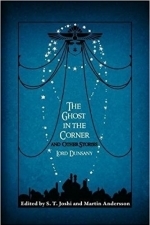
The Ghost in the Corner And Other Stories
Lord Dunsany, Joshi Andersson and Martin Andersson
Book
The Anglo-Irish fantaisiste Lord Dunsany (1878-1957) was immensely prolific. Author of more than a...
Horror
